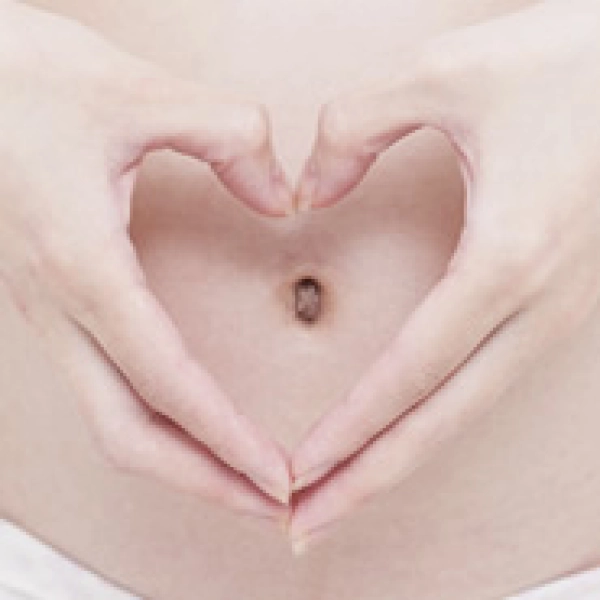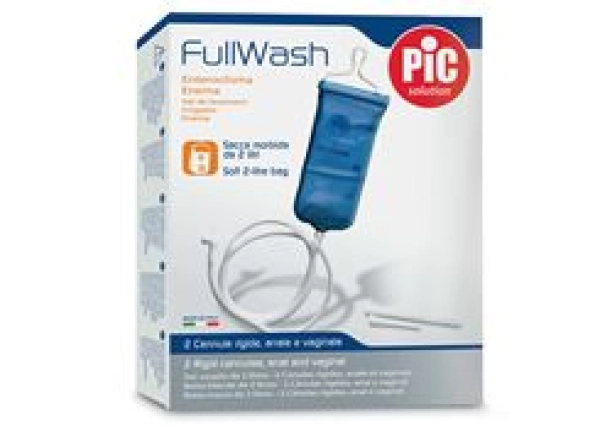

It's a fact: colon cleansing favours the correct expulsion of food residues. If you've noticed "going" is not easy, try a colon cleanse. As you might know, undigested food can accumulate between the intestinal walls. In the long run, this "stasis" can cause partial occlusions that have a negative impact on the colon's muscle contractions, which consequently become less effective in removing waste.
Constipation can directly lead to the proliferation of toxins and bacteria, which can irritate the intestine or even damage other organs, if waste matter becomes so concentrated it is absorbed into the bloodstream. If your gut flora is constantly on strike, you might want to try a colon cleanse to rebalance it and prevent gastrointestinal candida.
If you often face intestinal issues such as constipation, diarrhoea and irritable bowel, a colon cleanse might be effective to improve your wellbeing. However, you should know no scientific evidence supports the use of colon cleanses in healthy people. They are usually recommended in preparation for colonoscopies and as treatment for some specific conditions, such as chronic constipation, spinal cord lesions, and whenever there are alterations in the intestinal flora.
From too much to too little. One of colon cleanses' side effects is diarrhoea, which is due to an alteration in electrolytes. If you suffer from acute intestinal conditions such as diverticulitis or chronic intestinal inflammatory diseases, or if you are immunosuppressed (i.e. your immunity is weaker than average), a colon cleanse is not for you.
Colon cleanses can be a cure-all, but are not always the best solution. You will probably be recommended one if you suffer from chronic constipation that does not respond to other therapies. However, scientific evidence is clear: colon cleanses are not a final solution, and can be used to improve patients' quality of life only temporarily.





